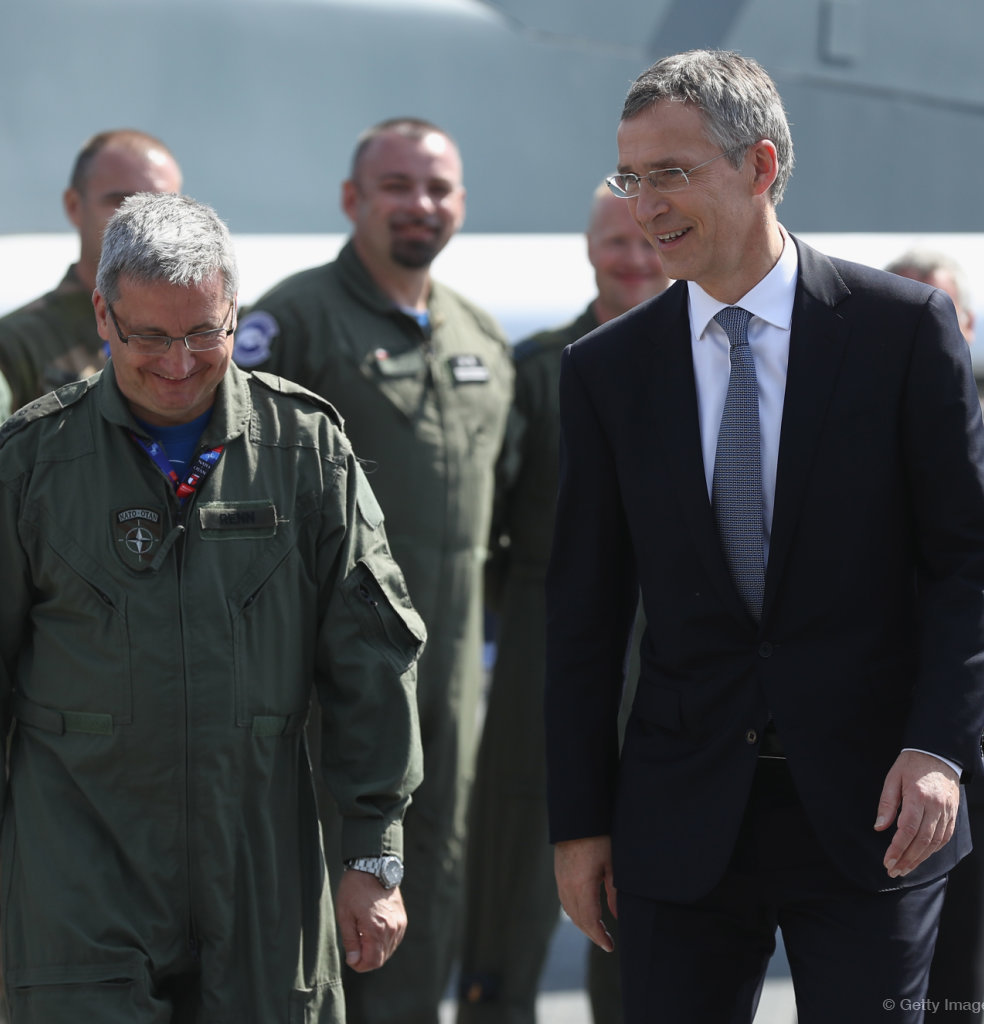NATO leaders in display of unity as they look to counter ‘aggressive’ Russia
Leaders of the NATO military alliance gathered on Friday with their eyes firmly on the threat of a rearmed and increasingly unfriendly Russia. They were due to agree to deploy four battalions in the Baltic states and eastern Poland to deter possible Russian aggression. The NATO leaders also signed what was hailed as a historic pact with the European Union confirming their determination to stand together against hybrid warfare, cyberattacks and containing illegal migration. “For our nations to be safe, it’s not enough to keep our defenses strong, we must help to make our partners stronger,” NATO secretary-general Jens Stoltenberg said.
The decisions we’re going to take together will once again confirm that Europe and North America stand together, act together to support all allies against any threats
NATO secretary-general Jens Stoltenber
NATO has plenty of concerns other than Russia on its agenda, including the threat from Islamic militants and how to remain united in the wake of Britain’s decision to leave the European Union. Speaking at the start of the gathering in Warsaw, US president Barack Obama said he was convinced that Europe, NATO and Britain would continue together to counter threats to security. He said: “They have to be responsive and move more quickly with minimal bureaucracy to deliver real economic progress in the lives of ordinary people.” Meanwhile, the Kremlin has dismissed the suggestion that Russia posed a threat as absurd, saying it was open for talks to ease tensions.
It is absurd to talk about any threat coming from Russia at a time when dozens of people are dying in the centre of Europe and when hundreds of people are dying in the Middle East daily. You have to be an absolutely short-sighted organisation to twist things in that way,
Dmitry Peskov, Kremlin spokesman

nato